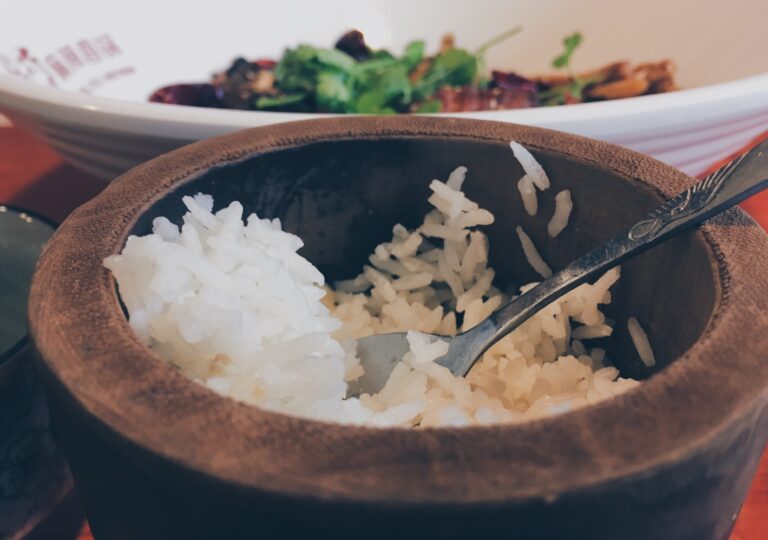How the Way You Chew Rice Changes How Your Gut Works
by Anna Sandhu | Jul 17, 2025
Reviewed by Dr. Arun, M.Pharm., PGDRA, Ph.D.

This study explored the link between chewing rice and the way it affects digestion and gut bacteria. Researchers wanted to see whether the size of rice pieces after chewing could make a difference in how carbohydrates are broken down and how gut microbes respond.
Here’s how the researchers did it: They had people chew different varieties of rice using different numbers of chews per bite (for example chewing more vs chewing less). Then they took the food pieces (bolus) that resulted and put them in lab models of digestion and gut-microbe cultures to see what happens.
What did they find?
- When rice was chewed more thoroughly (more chews per bite), the rice pieces broke down into much smaller particles. These smaller pieces let digesting enzymes get to the starch more easily, so more of the starch was broken down early.
- The size of the rice particles then affected how gut microbes acted in the lab. Larger particles (less chewing) led to higher levels of microbial-metabolite activity like bile-salt hydrolase activity and short-chain fatty acids (SCFAs) in some cases.
- The study suggests that the physical state of food from your mouth to your gut can change how microbes in your gut digest and process nutrients. It is not just what you eat, but how you chew and process those foods before they reach your gut.
Why does this matter? Because gut microbes play a big role in how you absorb nutrients, how your body uses those nutrients, and potentially your overall gut health. If you chew food poorly or rush through meals, you might be giving your gut microbes a different task than if you chew slowly and completely.
In short: Your chewing matters. With rice as an example, this study shows that chewing more, breaking food into smaller pieces, can affect digestion and gut microbe behavior in meaningful ways. While this is a lab study and not a full human trial, the takeaway is simple: eating slower, chewing more, and letting your food break down well might help your gut work better.
Mor Information: Chewing behavior and bolus particle size of rice influence carbohydrate digestion and gut microbiome metabolism in vitro. DOI: https://doi.org/10.1016/j.foodchem.2025.145404
